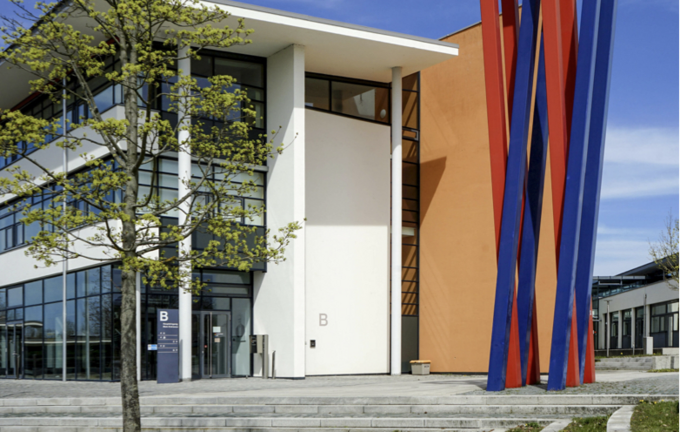The Bachelor's program in Environmental Engineering combines foundational knowledge, practice-oriented modules, and real-world application.
Semester 1 and 2: Fundamentals
Focus on fundamentals such as mathematics, mechanics, computer science, materials science, and project management. International students receive intensive mandatory German language training.
Semester 3 and 4: Specializations I
Core specializations in thermodynamics, environmental chemistry, reaction technology, microbiology, environmental toxicology, tap water treatment, hydrology, and environmental economics. International students receive mandatory German language training.
Semester 5 and 6: Specializations II
Specialization in advanced topics, including hydraulics and modeling, environmental analysis, wastewater treatment, circular economy, plus 5 elective modules for tailored expertise.
Semester 7: Internship semester and Bachelor's thesis
A compulsory practical phase/internship (one semester) and Bachelor's thesis, often in collaboration with industrial partners, provide hands-on experience with real engineering challenges.
Study plan B.Eng. in Environmental Engineering



